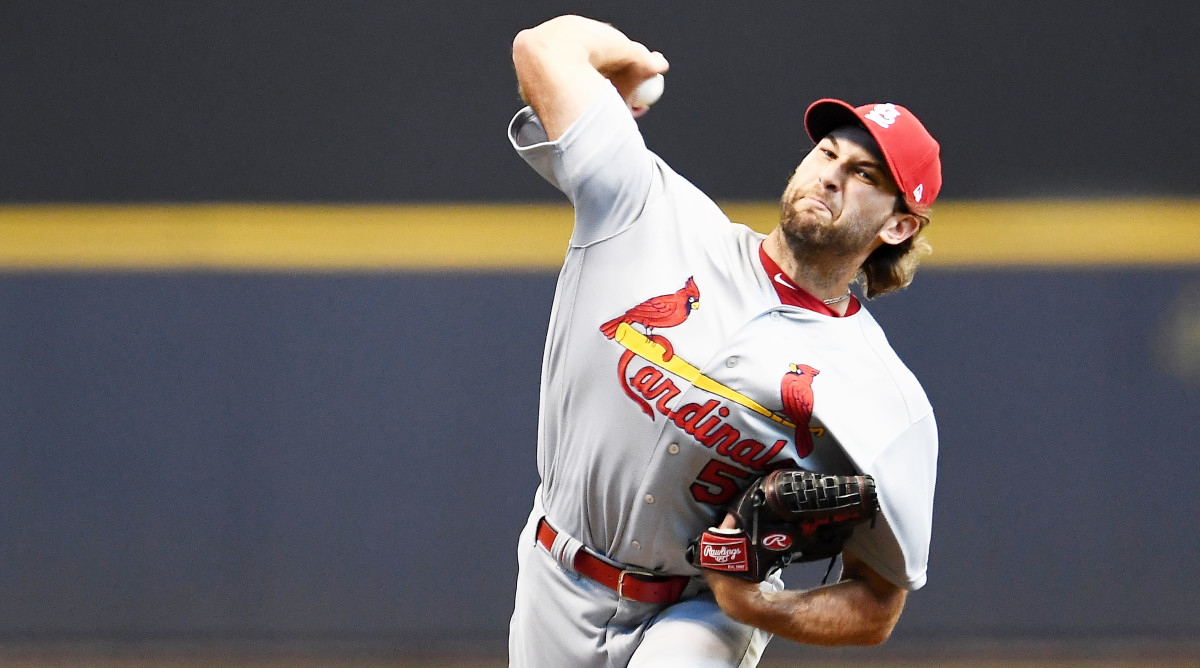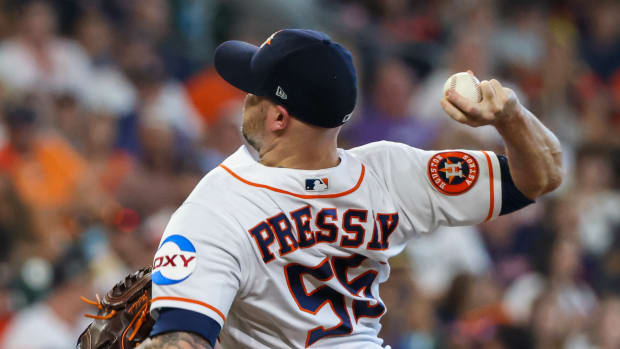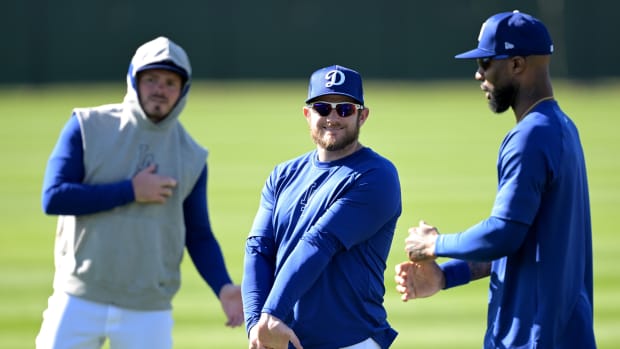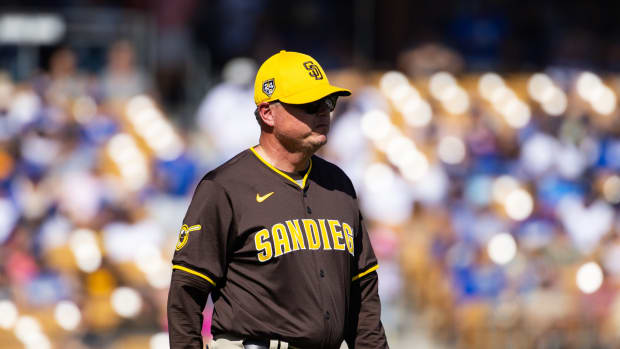Where Baseball's Walked Before: Michael Wacha Made History Monday (Well, Almost)

If there used to be some truth behind the old saying about baseball’s guarantee of something new every night, there isn’t any longer. It is very often personally true, of course. It’s just hardly ever technically so. By now, professional baseball’s scale is simply too great. The historical sample sizes have begun to feel cartoonish, with 19,489 MLB players and 14,950,455 at-bats; 3,909,110 hits and 109,631 hit batsmen; 664,801 doubles and 387,330 double plays. And these are just the recorded numbers. (Through Sunday, at least.) Everything has happened. Oh, sure, plays are unfolding all the time in different ways with different guys and different storylines. It will look, feel, sound like something new. At its core, though? It already happened. Every “it” has happened. Every individual play, no matter how specific or caveated or contextualized, has already happened. (Well…. Probably. Usually.)
This is not as sexy as infinite novelty. It is more interesting, though—more textured, a tangle of connections with dense little thickets of historical weirdness. It is not remotely strange to walk away from a game with total conviction that you’ve seen something new, something quirky, something special, only to be easily proven wrong. This should not feel disappointing, however. This should feel miraculous.
For instance, you easily could have had this conviction after the bottom of the second inning between the Cardinals and Nationals on Monday. Because you saw something crazy! You saw Patrick Corbin, Washington’s starting pitcher, come to the plate with the bases loaded and two outs. St. Louis’ Michael Wacha was in a jam, but it looked like a mild one: pitcher-at-the-plate-with-two-outs is the weakest of jams, after all, so watered down that it’s hardly even sticky. You saw Wacha easily get ahead in the count: 0-2, on a foul and a whiff. Then he missed down and inside. Corbin fouled one off. He missed inside. Corbin fouled another off. He missed low. Corbin fouled another off. He, finally, missed high. You saw a pitcher issue a bases-loaded walk to another pitcher on nine pitches. That’s crazy! There’s your hyperbolic guarantee of seeing something new, right there.
Almost. Almost. Not quite, though. Instead, this was arguably even more beautiful than something totally new. It was something that had been recorded only one other time. Its first, and previously only, appearance came in August of 2005, the fourth start of 25-year-old Rich Hill’s career. On the very first pitch of the game, he’d allowed a home run. He’d then settled in for a few smooth innings, only to watch it all unravel in the fourth. He began the frame with a single, another single, a walk; next, he faced the pitcher, Eric Milton. But Hill quickly fell behind, 3-1, and after a few timely fouls from Milton, he’d done it, although he didn’t know it, and neither did anyone else: He had issued baseball’s first recorded bases-loaded walk to a fellow pitcher on nine pitches.
It’s a “fun fact” only in the sense that it uses the format of the genre. It is so specific as to be utterly useless—or it was, until Monday, when it developed a very narrow sense of utility. Hill’s walk is no longer a lonely play-by-play pinprick. Instead, it has a twin, separated by a decade and a half of circumstance and change. Wacha’s looked, felt, sounded like something new—he stayed in the game for three more innings, ultimately getting the win, unlike Hill, who was yanked immediately and watched his team lose—but it had, at its core, already happened. Baseball’s been here before. It always has.



































